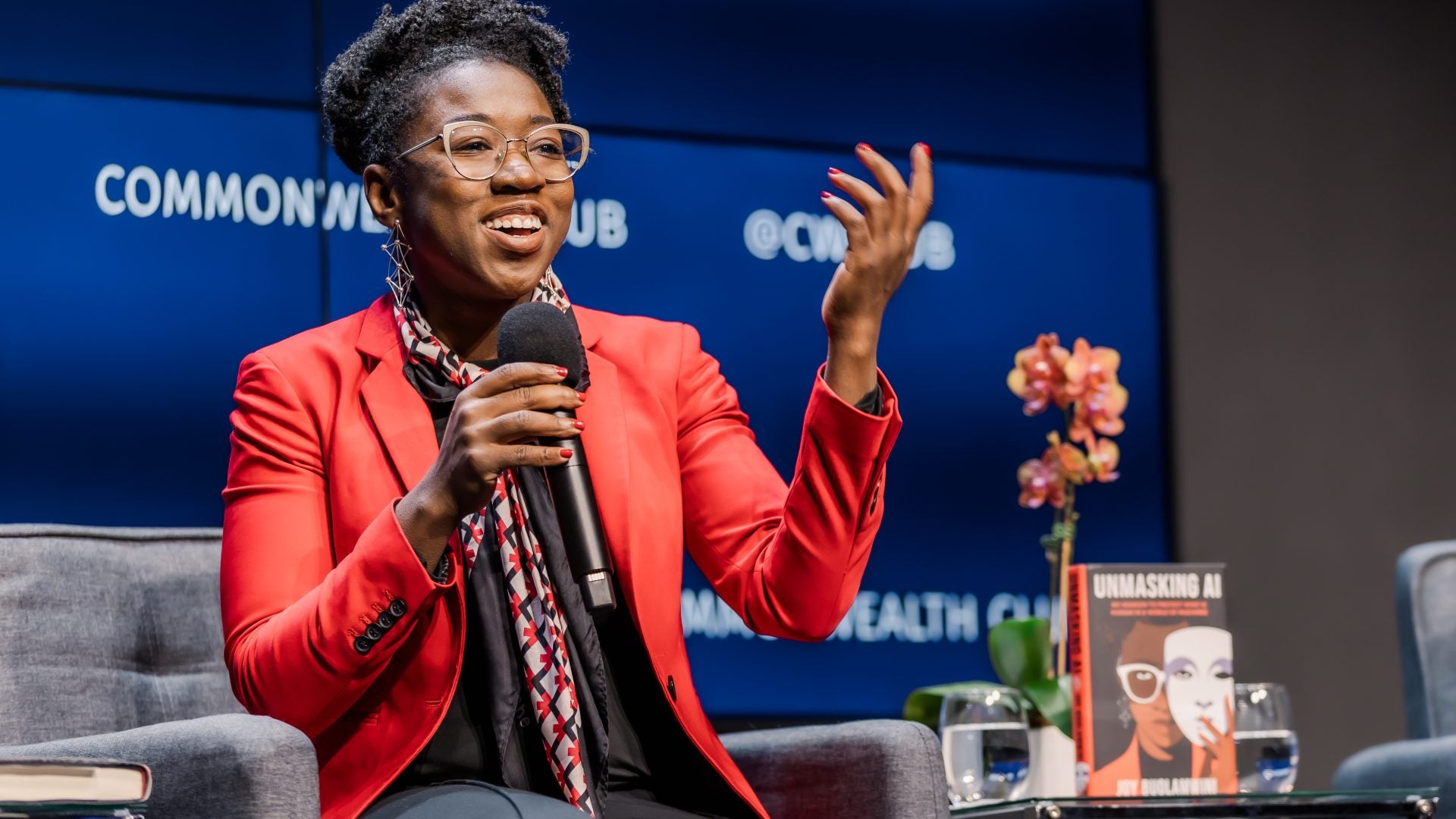
MIT researcher Dr. Joy Buolamwini has penned a new book entitled, Unmasking AI: My Mission to Protect What Is Human in a World of Machines, warning about the dangers of artificial intelligence (AI).
With AI becoming increasingly more in vogue, it is important to note that law enforcement agencies have already been using it for years. “According to the Government Accountability Office, an independent government watchdog, federal agencies such as the FBI and U.S. Customs and Border Protection have been using facial recognition services since at least 2018.”
After a recent Congressional hearing, 18 Democratic senators wrote a letter to Attorney General Merrick Garland, reading in part “We are deeply concerned that facial recognition technology may reinforce racial bias in our criminal justice system and contribute to arrests based on faulty evidence.”
A leader in the AI space, and founder of the Algorithmic Justice League, Buolamwini has been exposing the biases in AI technology for years. She followed her passion for computer science to graduate school at MIT. There, Buolamwini was working on a research project with face-tracking AI. But she became horrified after learning that the program couldn’t even detect her own face because of the color of her skin.
Her work led her to co-authoring a 2018 with other MIT and Stanford University researchers, where they found that “[t]hree commercially released facial-analysis programs from major technology companies demonstrate both skin-type and gender biases.”
Their findings also uncovered inherent biases in the very design of the AI computational training and evaluation. While “researchers at a major U.S. technology company claimed an accuracy rate of more than 97 percent for a face-recognition system they’d designed…the data set used to assess its performance was more than 77 percent male and more than 83 percent white.”
In Unmasking AI, Buolamwini applies “an intersectional lens to both the tech industry and the research sector…show[ing] how racism, sexism, colorism, and ableism can overlap and render broad swaths of humanity ‘excoded’ and therefore vulnerable in a world rapidly adopting AI tools.”
Buolamwini told ESSENCE, “I wrote Unmasking AI as an invitation to anyone who is interested on the impact of AI on everyday people and how we can prevent algorithmic discrimination. We cannot have racial justice without algorithmic justice. We cannot have gender equality without algorithmic justice.”







“As AI infiltrates more of our lives, we must double down in making sure AI is for the people and by the people, not just the privileged few,” continued Buolamwini. “I truly believe if you have a face, you have a place in the conversation about the AI that shapes our lives.”
“As an artist and AI researcher, I am convinced now more than ever that the heart of computing is humanity and that our humanity cannot be replaced by machines,” stated Buolamwini. “It is our essence, our unique experiences, and our expectations of dignity and opportunity that cannot be erased.”
“As I wrote in my video poem ‘AI, Ain’t I A Woman?’– in which I use spoken word and screen capture to show how AI systems from Amazon, Microsoft, and IBM are failing on iconic faces of Michelle Obama, Oprah Winfrey, and Serena Williams– ‘no label is worthy of our beauty!’” added Buolamwini.






